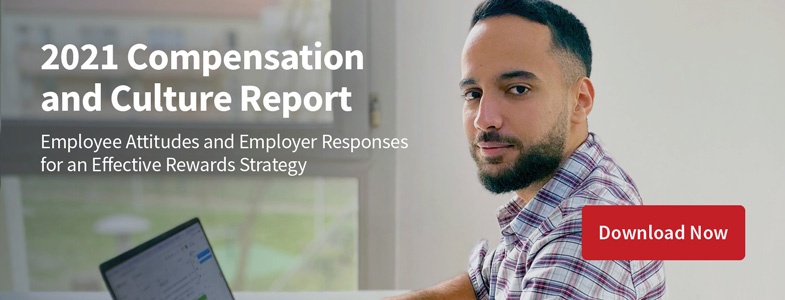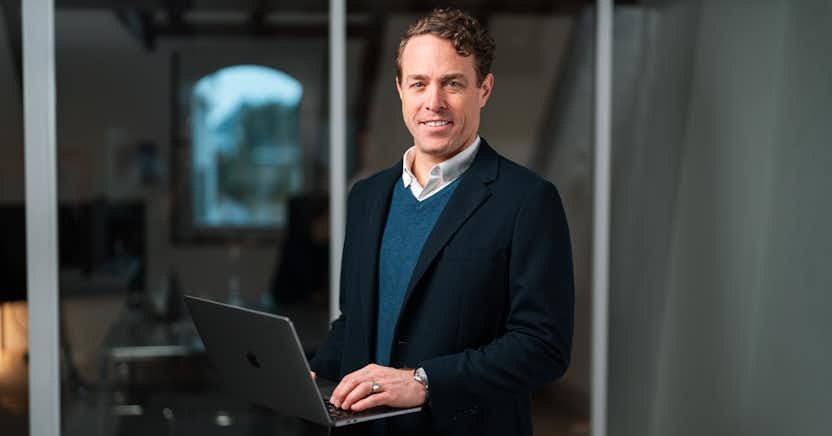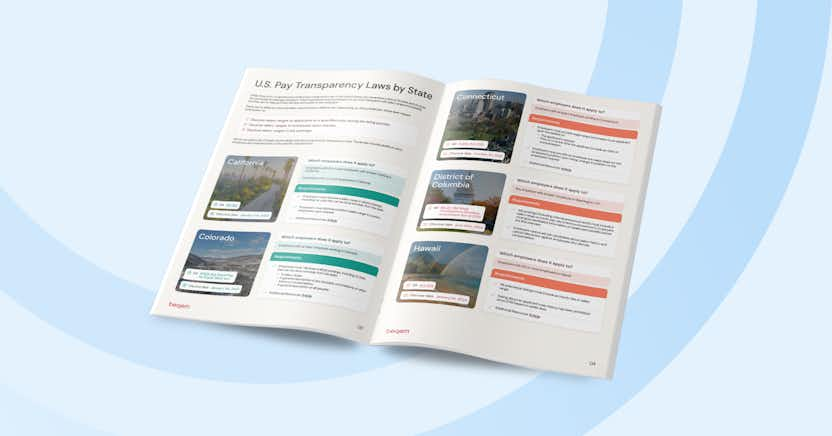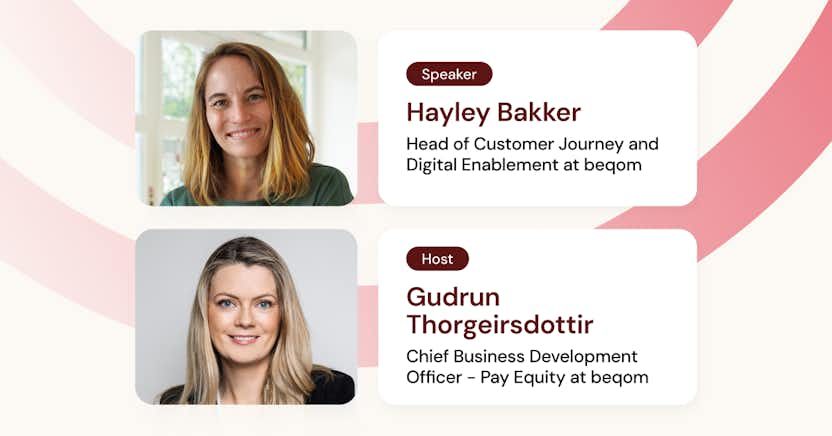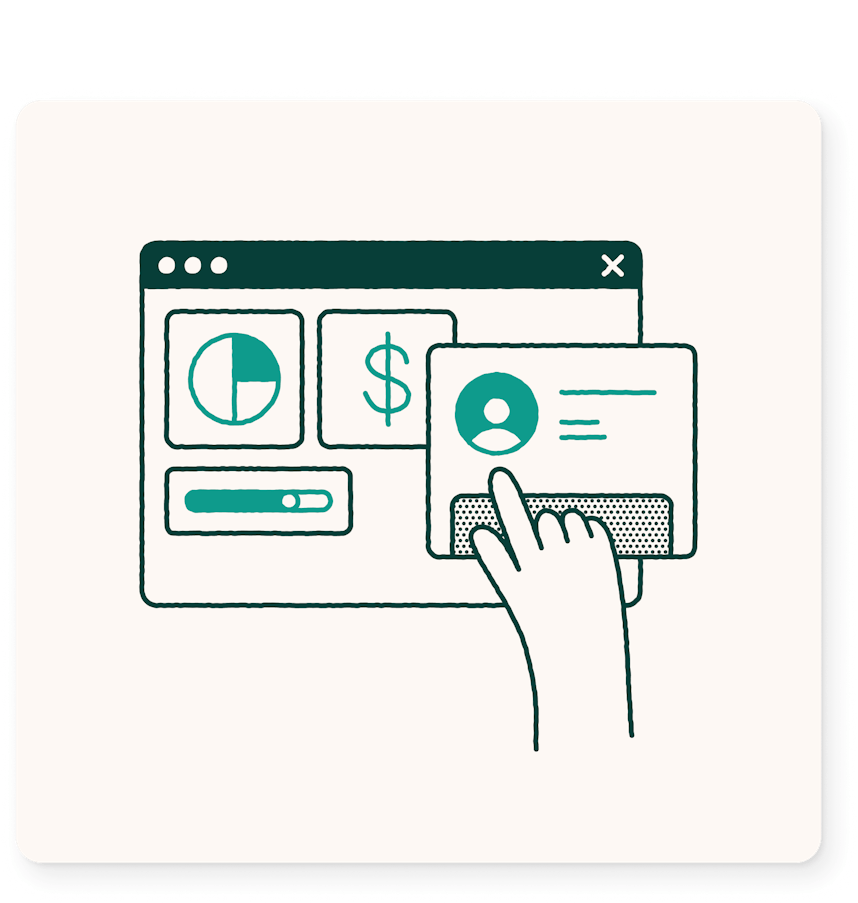Love and Kindness in the Workplace

In a week that features both Valentine’s Day and Random Acts of Kindness Day, we stop to ponder, do love and kindness have a place in the workplace?
Organizational experts – and the Dalai Lama – say yes. They contribute not only to employee well-being but also to a positive culture, lower turnover, and higher productivity.
Valentine’s Day is all about romantic love, but we know there are other forms of love that are equally, if not more, important in our lives. Just about every song, book, or movie deals with love in one form or another. Yet love is still not a word you hear much in the workplace, perhaps owing to the many facets of the word, encompassing passion and compassion, attraction and kinship, admiration and empathy, patriotism and nurturing, caring, thriving, or just liking a lot. We may understand that love and kindness can help to create a positive work environment and have a great impact on mental health. But we rarely associate love with success, leadership, team-building, talent strategy, retention, or recruiting.
The sure cure for burnout
Research shows that love is an antidote to employee burnout. Gallup has studied how to prevent employee burnout, a topic more timely than ever given the stresses of the pandemic. According to Gallup, organizations must strategically focus on three areas when dealing with burnout at work, and the first area is making wellbeing a part of their culture.
Gallup identifies Five Elements of Wellbeing for employees, and one of those elements is Social, defined as having supportive relationships and love in your life. Companies should, as they structure their workplace, jobs, and benefits, do whatever they can to support employees in having healthy relationships both within and outside the workplace.
Love drives us to perform
A classic article in the Harvard Business Review (HBR) from 2014, called Employees Who Feel Love Perform Better, posits that love has a strong influence on workplace outcomes, that “those who perceive greater affection and caring from their colleagues perform better.” A study conducted by HBR concluded that “People who worked in a culture where they felt free to express affection, tenderness, caring, and compassion for one another were more satisfied with their jobs, committed to the organization, and accountable for their performance.”
HBR suggested that leaders do at least three things:
- Think about how you can cultivate and enrich the emotional culture, which can be based on love or other emotions, such as joy or pride.
- Pay attention to the emotions and mood you’re expressing to employees every day, which creates a cultural blueprint for the group.
- Consider how your company policies and practices can foster greater affection, caring, compassion, and tenderness among workers.
According to social researcher Brené Brown, humans are driven by the need to be worthy of love and belonging, but to make a connection with another person requires authenticity and vulnerability. That may not always feel safe in the workplace, but it’s worth it, says Brown. “Vulnerability is the birthplace of innovation, creativity, and change.” And there’s no reason to be stingy with love. “When you practice empathy and compassion with someone, there is not less of these qualities to go around. There’s more. Love is the last thing we need to ration in this world.”
There is value in treating employees with humanity and compassion. Most of us would probably agree that humans respond well to being treated lovingly, and not so well to being treated uncaringly.
Love powers our mission
That doesn’t mean being soft or without rules. You’re not likely to find many institutions that are better known for toughness and rules than the U.S. Marines. Author Simon Sinek, in an episode of his podcast A Bit of Optimism entitled Fight with Love, Fight for Love with Aloe Blacc, tells a story of asking a Marine, what is the secret that makes the Marines so good? To his surprise, the Marine’s answer was, “Love – love of country, love of corps, love of your fellow Marine.” Love gives a purpose, whereas individualism does not have a purpose beyond oneself. Organization leaders would do well to take note.
Writing in Forbes, in an article titled Does Unconditional Love Have A Place At Work?, Colleen Riley says that love is THE accelerator to meaning and purpose. She says that in the workplace, love “relates to authenticity and empathy with another human being pursuing common professional goals – like the corporate mission and vision.” Goals and missions are common business parlance, but authenticity and empathy add a new dimension.
And where there’s love…
There’s kindness. It seems impossible to have one without the other, at least to some degree. In a world of trials and tribulations, or in a workplace, a surprise act of kindness can be incredibly uplifting.
The Dalai Lama says, “Be kind whenever possible. It’s always possible.” So yes, kindness is a good thing. But how does it fit into a business world that is all about production, competition, and profit?
According to a trio of organizational behaviorists writing in Harvard Business Review, organizations benefit from actively fostering kindness. In the article Don’t Underestimate the Power of Kindness at Work, the authors assert that kindness in the form of words of praise or other recognition – a spot bonus or a silly prize – raises an individual’s feelings of self-worth, which boosts morale and reduces burnout and absenteeism. Being kind, they say, brings a sense of meaning that translates into long-term job satisfaction. Receiving a compliment sparks individuals to give compliments, which helps form deeper connections amongst co-workers. They cite a study involving 3,500 business units with more than 50,000 individuals, in which researchers found that acts of courtesy, helping, and praise were predictive of productivity, efficiency, and lower turnover rates.
“Kindness in words creates confidence,” said the Chinese philosopher Lao Tzu. “Kindness in thinking creates profoundness. Kindness in giving creates love.”
Try a little kindness
Love breeds kindness, and kindness breeds happiness. As you know if you’ve read our blogs about ethical cultures, doing good, pay equity, diversity, the search for meaning and balance, money and happiness, and being a happy company, we are all about happy people. Well, and good compensation management – but they go together. In short, we’re in favor of anything that fosters happy employees, since happiness results in loyal, engaged, creative, and productive people. And who wouldn’t want that? And for that matter, who doesn’t want love and kindness in their lives?
For Random Acts of Kindness Day, we challenge you to spread some kindness, random or otherwise, in your workplace. Buy the intern a cup of coffee, pay your coworker a compliment, give the janitor a tin of cookies ... whatever it is, be vocal about your recognition because it may just be what brightens that person's day (and yours). As Aesop once said, “No act of kindness, however small, is ever wasted.”
Tell us how it goes. We’d love (no pun intended) to hear your stories of love and random acts of kindness in the workplace. Drop us a line at digital@beqom.com.
